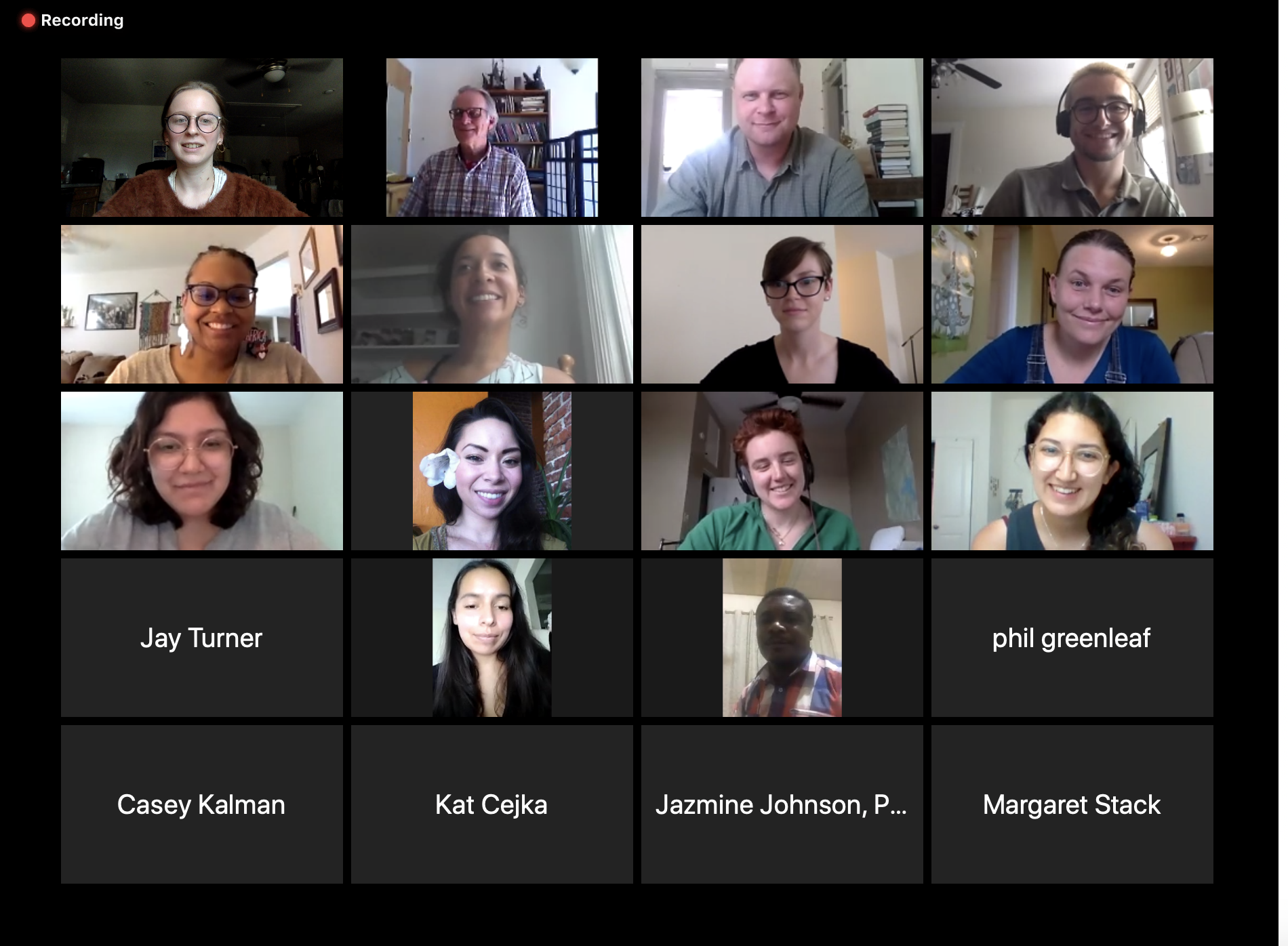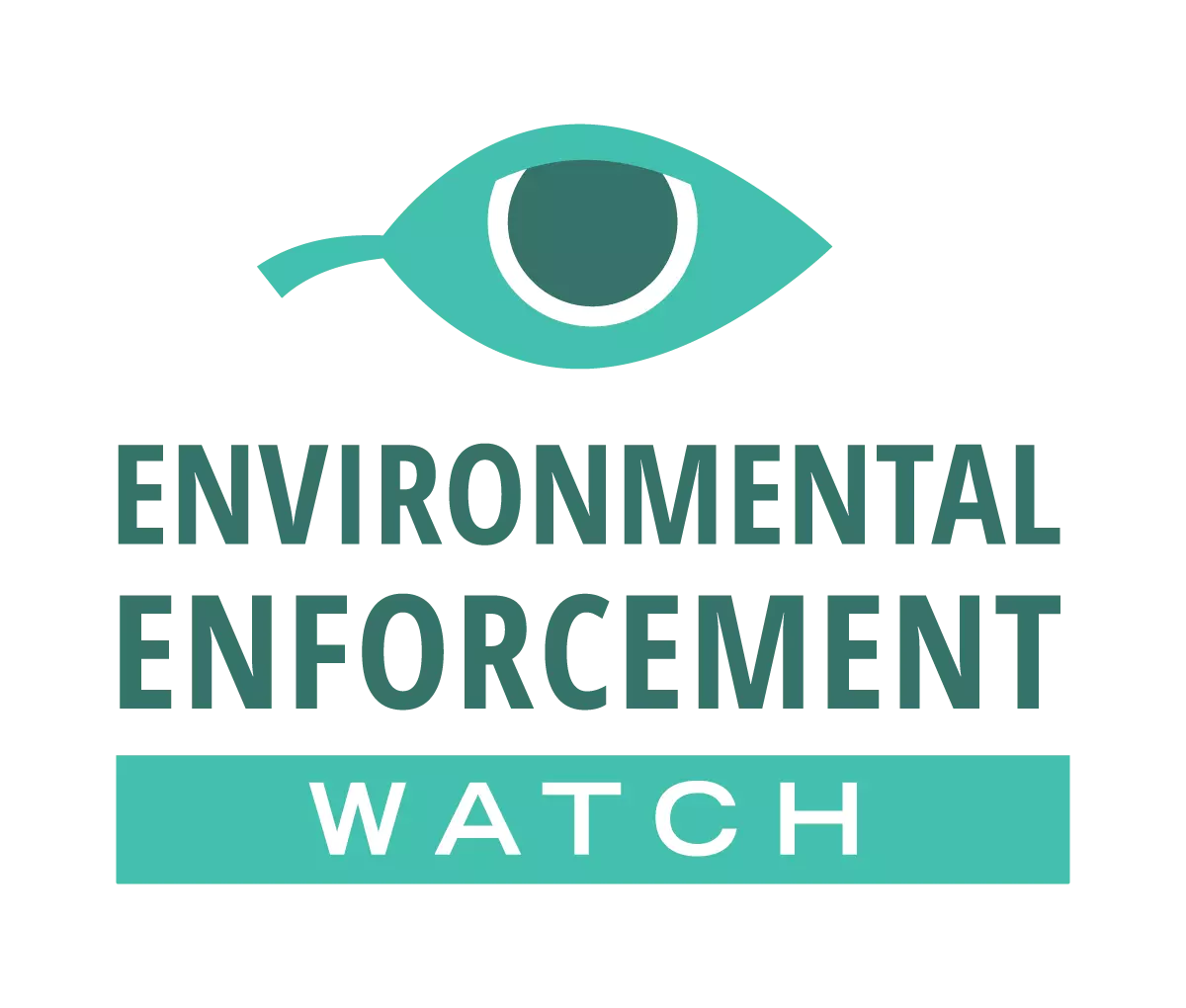EEW Events
EDGI's EEW workshops engage members of the public in the process of report-making, from delving into the data science and running our Jupyter Notebooks, to sharing stories about their home areas. In commitment to the principles of environmental data justice, all of our code and data are available on EDGI’s GitHub, an open-source coding platform.
Interested in hosting an EEW event? Contact us!

You can EEW, too.
Importantly, these workshops are not meant to center EDGI or the EEW team. Rather, we hope that every workshop will be co-hosted by one or more partner organizations: community groups, environmental watchdogs, research hubs, and everything in between. We are here to help you answer pressing questions and create materials and networks that support your advocacy and organizing efforts.
EEW workshops begin with collective report-making through the Jupyter Notebooks, followed by breakout sessions into different tracks based on participants’ own skills and interests. The outcomes of the various tracks are compiled into a single report that is informative, visually interesting, and oriented toward community action. Building on the Congressional Report Cards project, we aim to compile EEW reports into an interactive map or repository to demonstrate the power of collective action and data stewardship in addressing unchecked environmental violence. Additionally, we encourage—and can help facilitate—partners and participants to develop other creative outcomes and demonstrations from these workshops.
EEW Data Tools
EEW strives to make publicly available data on industrial polluters more legible and meaningful to the communities who must use it to show governments they are being harmed. EPA’s Enforcement and Compliance History Online (ECHO) dataset includes data on how (and whether) facilities permitted to emit, store, and use hazardous materials comply with environmental protection laws. It also includes data on inspections and enforcement actions taken by EPA and state agencies. It is the first database to publicly share federal environmental enforcement data. However, the ECHO website itself can be hard for non-specialists to use and understand. The EEW team is developing a series of Jupyter Notebooks—collaborative, open-source data analysis tools—so people can use this information from ECHO to make customizable reports on facilities in areas of interest. These can gather information about EPA inspections of these sites, whether facilities are complying with federal regulations, and if EPA has responded to violations with enforcement actions. We’ve already written the code to generate basic reports based on the data—during the workshops, participants work with us to identify questions appropriate to their specific projects and needs and simply run the notebook to generate a report for their area of interest. No coding or data science experience is needed!
So far, we have developed Notebooks that generate several different types of report metrics, all of which can be found on the Notebooks page.
